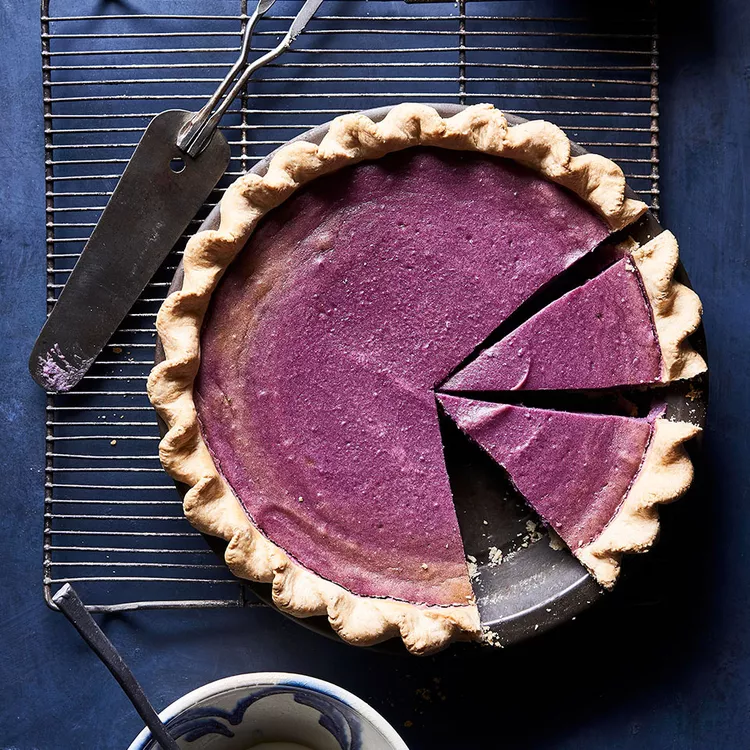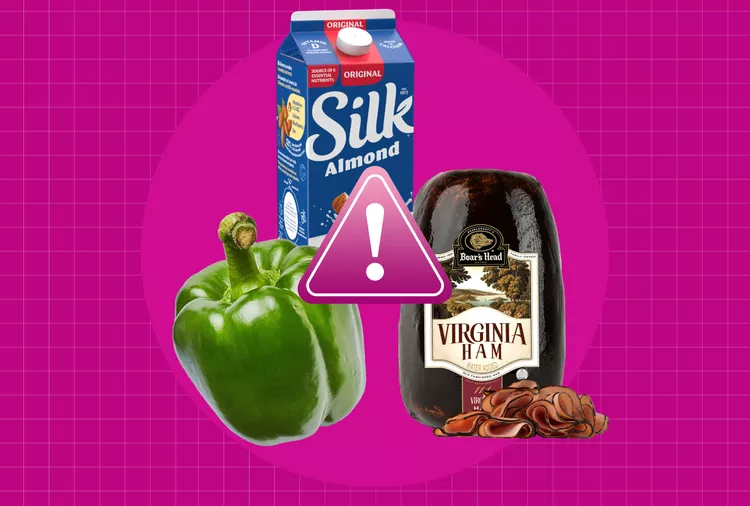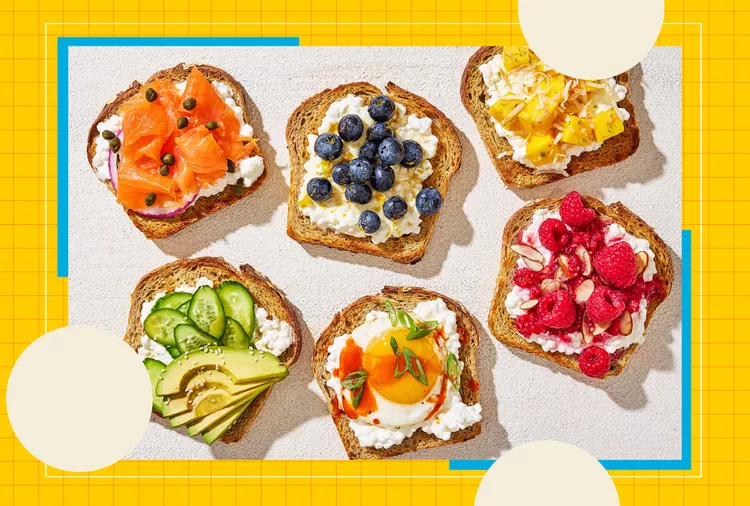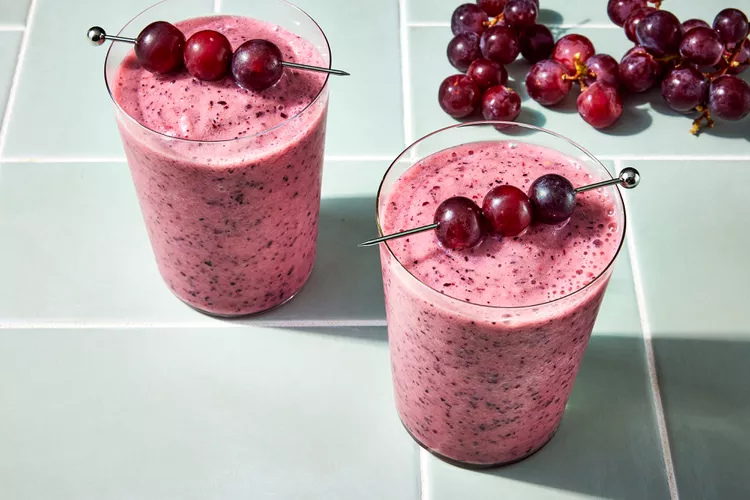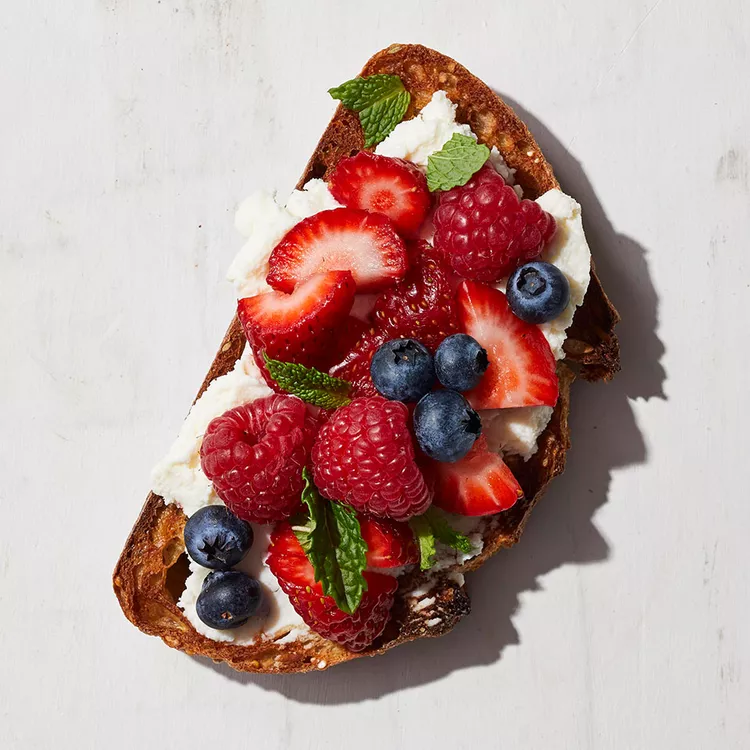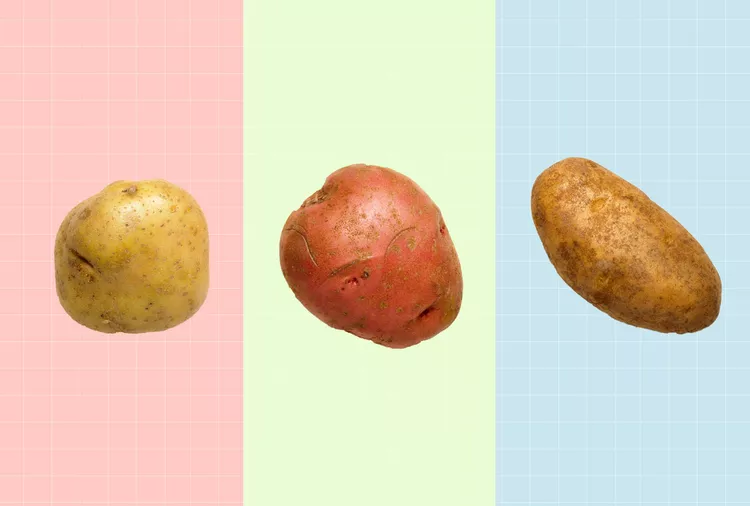Many people love the crisp, citrus flavor of Sprite, a popular lemon-lime soda produced by Coca-Cola. However, with caffeine being a common ingredient in many sodas, you might wonder if Sprite contains it—especially if you’re aiming to reduce your caffeine intake. Understanding Sprite’s ingredients and its potential impact is essential for those monitoring their dietary choices. This article explores whether is Sprite caffeine free and highlights who might benefit from avoiding it or other sodas.
Contents
Caffeine and nutritional content

Sprite Is Refreshing Soda Without Caffeine but Packed with Sugar
Sprite, like many other non-cola sodas, is completely caffeine-free, making it a popular choice for those avoiding caffeine. The primary ingredients in Sprite include carbonated water, high-fructose corn syrup, and natural lemon-lime flavors. To maintain its freshness, Sprite also contains citric acid, sodium citrate, and sodium benzoate as preservatives.
While Sprite lacks caffeine, it is loaded with added sugars, which can deliver a burst of energy similar to a caffeine jolt. A standard 12-ounce (375 ml) can of Sprite contains approximately 140 calories and 38 grams of carbohydrates, all derived from sugar.
Upon drinking Sprite, many individuals experience a rapid spike in blood sugar levels, resulting in a quick energy boost. However, this is often followed by an energy crash, which can include feelings of jitteriness, nervousness, or even anxiety. This phenomenon is similar to the effects of excessive caffeine consumption.
Although Sprite does not contain caffeine, excessive intake can still lead to side effects like restlessness, sugar crashes, and potential anxiety. For those seeking energy without these drawbacks, it’s wise to consume Sprite in moderation or opt for healthier, low-sugar alternatives.
Most people should limit Sprite and other sodas
The Health Risks of Excessive Sugar in Sprite
Consuming too much added sugar has been directly linked to several health risks, including weight gain, type 2 diabetes, heart disease, and other chronic conditions. The American Heart Association (AHA) provides clear guidelines for daily sugar intake to support a healthy lifestyle: men should limit themselves to 36 grams (9 teaspoons) of added sugar per day, while women should aim for no more than 25 grams (6 teaspoons).
A single 12-ounce (375 ml) can of Sprite contains a whopping 38 grams of added sugar, exceeding these daily recommendations in just one serving. This highlights the importance of moderating your intake of Sprite and other sugar-sweetened beverages to maintain a balanced diet and avoid potential health issues.
For individuals with diabetes or concerns about blood sugar regulation, caution is especially crucial. Consuming sugary drinks like Sprite can lead to spikes in blood glucose levels, which may worsen their condition. This risk is amplified if the rest of their diet also includes high-sugar foods.
To promote overall health and well-being, it’s best to limit Sprite consumption and opt for healthier alternatives, such as unsweetened beverages or water infused with natural fruit flavors. Small dietary adjustments can significantly reduce the risk of long-term health complications.
.
What about Sprite Zero Sugar?
Is Sprite Zero Sugar a Healthier Option?
Sprite Zero Sugar, like its classic counterpart, is caffeine-free, but instead of using sugar, it is sweetened with the artificial sweetener aspartame. For individuals looking to reduce their sugar intake, this may appear to be a healthier alternative to regular Sprite.
However, the long-term health effects of artificial sweeteners remain a topic of ongoing research. While aspartame and similar sweeteners are approved for use, studies investigating their impact on appetite, weight management, and the risk of chronic conditions such as cancer and diabetes have produced inconclusive results.
Until more comprehensive research is conducted, it’s uncertain whether Sprite Zero Sugar can truly be considered a healthier substitute. While it may help lower added sugar consumption, individuals should approach artificially sweetened beverages with caution and prioritize drinks like water, herbal teas, or naturally flavored sparkling water for a more health-conscious choice.
Making informed decisions about your beverage options is key to supporting a balanced and healthier lifestyle.
Healthier substitutions for Sprite
Healthier Alternatives to Sprite
If you enjoy the crisp, citrusy taste of Sprite but want to reduce your sugar intake, there are plenty of healthier alternatives to try.
For a homemade, sugar-free lemon-lime drink, mix club soda with freshly squeezed lemon and lime juice. This refreshing combination provides a burst of flavor without added sugars or artificial ingredients.
You might also explore naturally flavored carbonated beverages like La Croix or similar brands. These sparkling drinks offer a range of flavors, including citrus blends, and are free of added sugars and artificial sweeteners, making them a great substitute.
If you’re looking for an energy boost but aren’t avoiding caffeine, consider switching to tea or coffee. Both options are naturally sugar-free and contain caffeine, which can provide sustained energy without the sugar crash associated with sugary drinks.
By exploring these alternatives, you can enjoy flavorful beverages while supporting a healthier lifestyle.
The bottom line
Key Facts and Smarter Beverage Choices
Sprite, a popular caffeine-free lemon-lime soda, is known for its refreshing taste. However, its high sugar content can lead to a quick energy spike, followed by a crash. Consuming sugary sodas like Sprite should be limited as part of a healthy diet to reduce the risk of health issues such as weight gain and blood sugar imbalances.
For those opting for Sprite Zero Sugar, it’s important to note that while it’s sugar-free, it contains artificial sweeteners like aspartame. The long-term health effects of these sweeteners remain unclear, prompting many to seek healthier alternatives.
A better choice is lemon-lime sparkling water, which offers a similar zesty flavor without added sugars or caffeine. If you’re looking for a caffeine boost without the sugar, try unsweetened coffee or tea. These options provide natural energy and align with a balanced, health-conscious lifestyle.
By exploring these alternatives, you can enjoy flavorful drinks while prioritizing your well-being.
.
Summary
Healthier Alternatives to Sprite for Reduced Sugar and Sustained Energy
If you’re a fan of Sprite but want to cut down on sugar, consider switching to naturally flavored sparkling water. These beverages offer a refreshing lemon-lime taste without the added sugars. For those seeking an energy boost and not avoiding caffeine, tea or coffee can serve as excellent alternatives, providing natural stimulation without the sugar overload.
Sprite, a caffeine-free, clear lemon-lime soda, is notoriously high in added sugars. While it doesn’t contain caffeine, its sugar content can create a temporary energy spike, similar to caffeinated drinks. However, this energy jolt is often followed by a crash, making it less ideal for sustained energy.
A single 12-ounce (375 ml) can of Sprite exceeds the daily recommended limit for added sugar, contributing to potential health risks when consumed regularly. To promote a balanced and healthy lifestyle, it’s best to limit your intake of sugary sodas like Sprite and opt for healthier, low-sugar alternatives instead.
Understanding Sprite Zero Sugar and Its Artificial Sweeteners
Sprite Zero Sugar replaces traditional added sugars with the artificial sweetener aspartame, making it a popular choice for those looking to reduce their sugar intake. While it’s often marketed as a healthier alternative to regular Sprite, the long-term effects of artificial sweeteners like aspartame remain unclear.
Research on the impact of artificial sweeteners on human health, including their roles in weight management, appetite control, and chronic conditions such as diabetes and cancer, has yielded mixed and inconclusive results. This uncertainty highlights the importance of consuming such beverages in moderation and exploring natural, sugar-free options for a truly healthier lifestyle.
